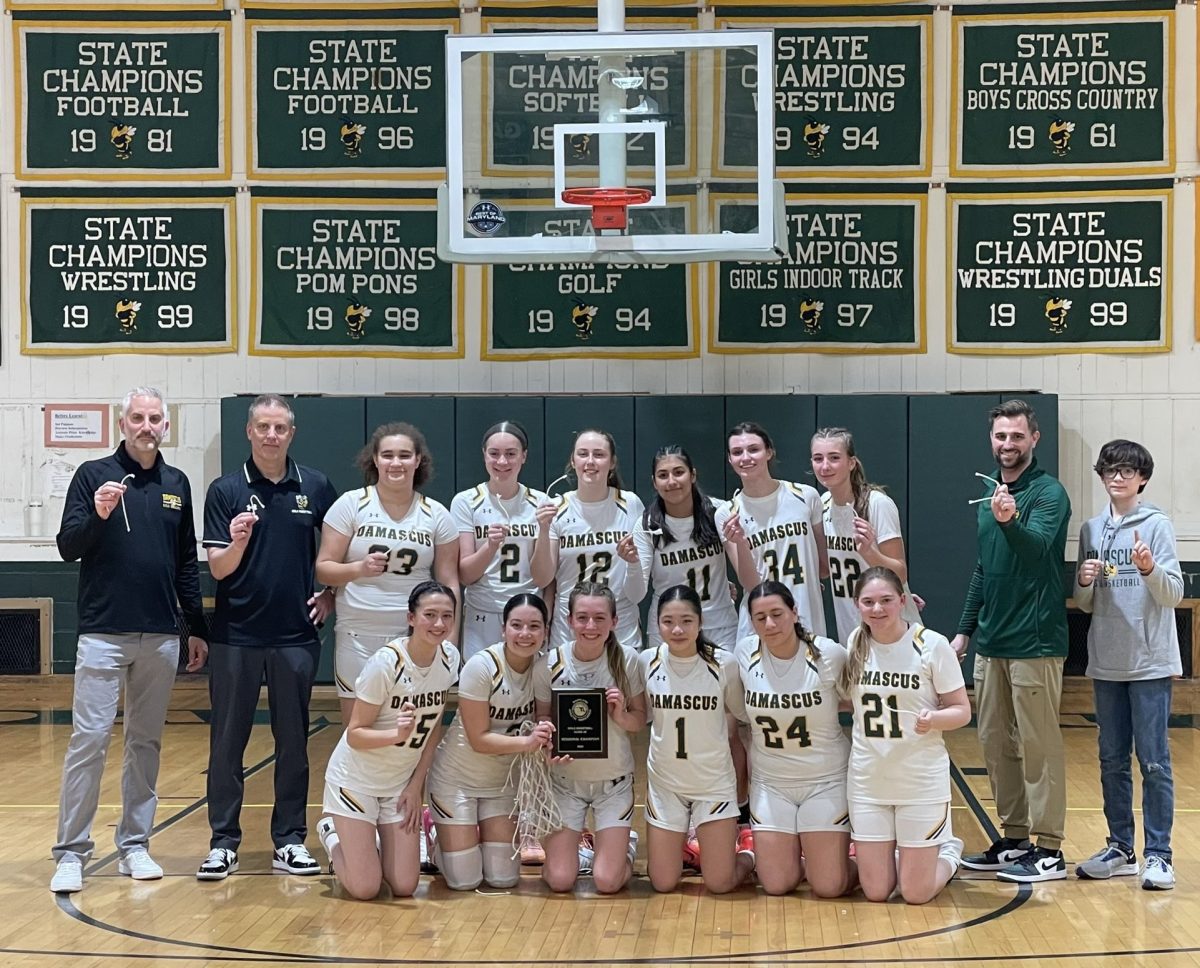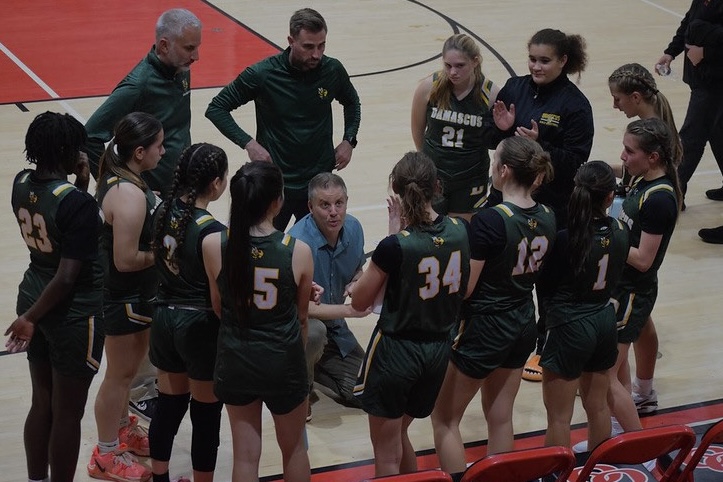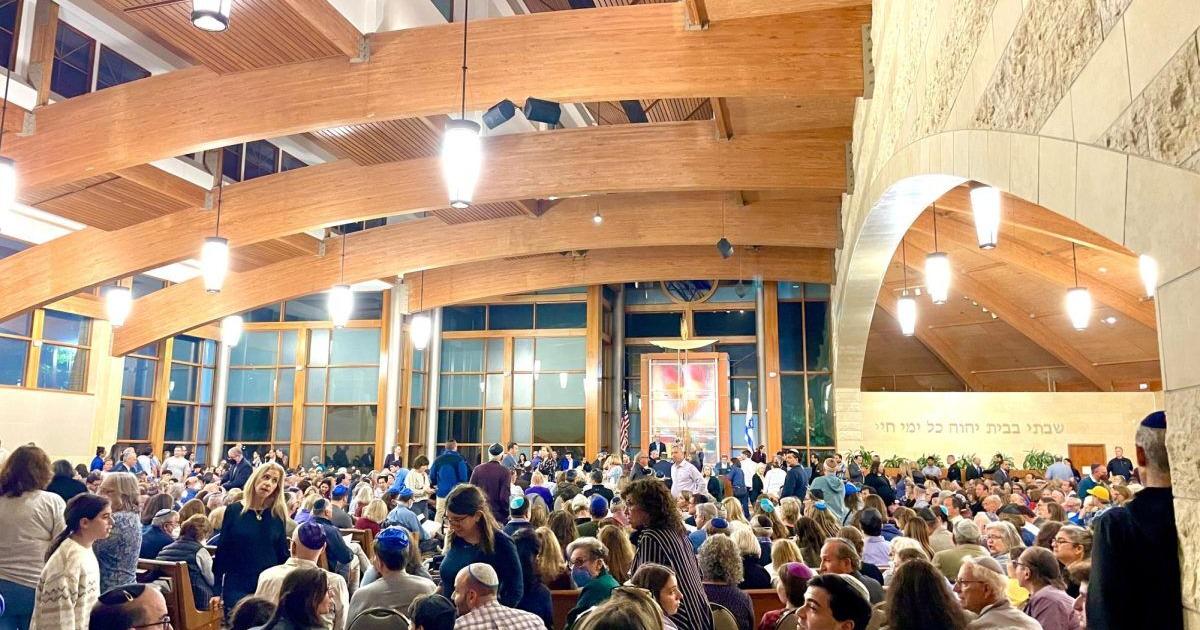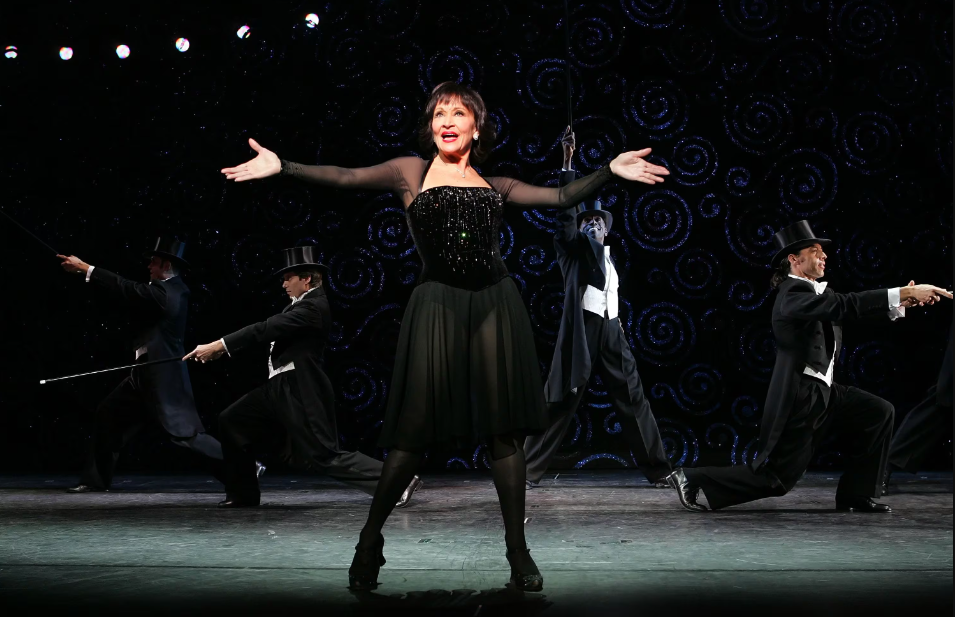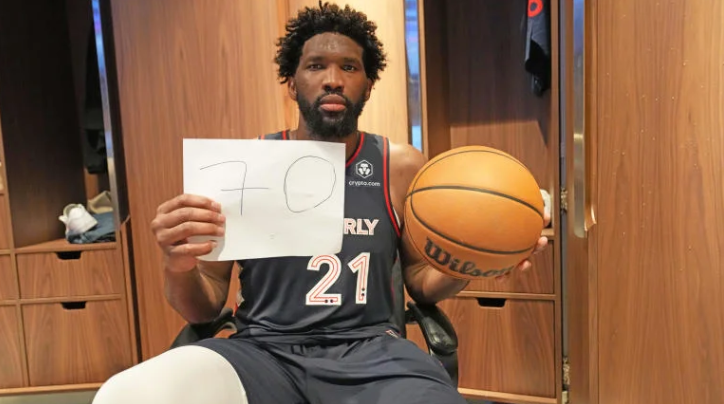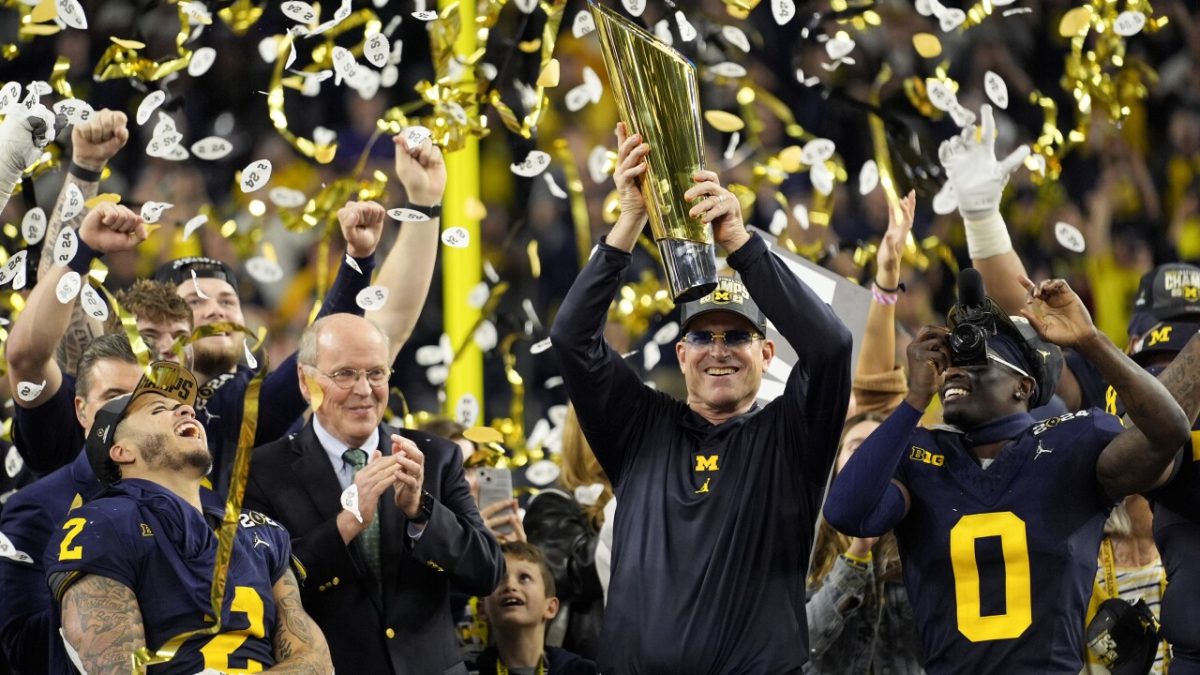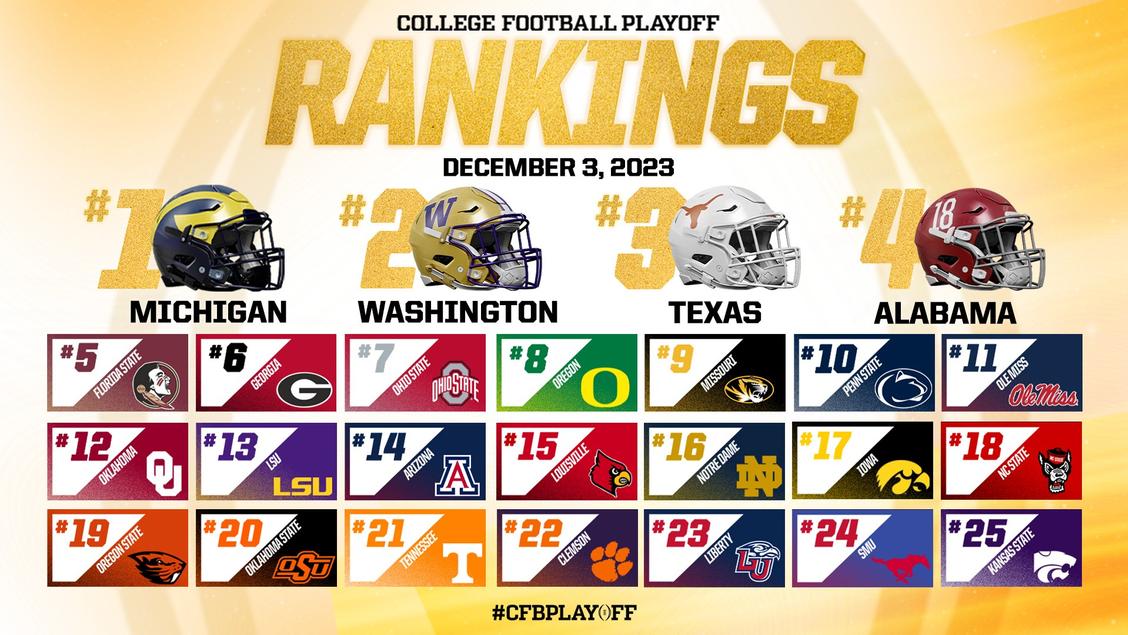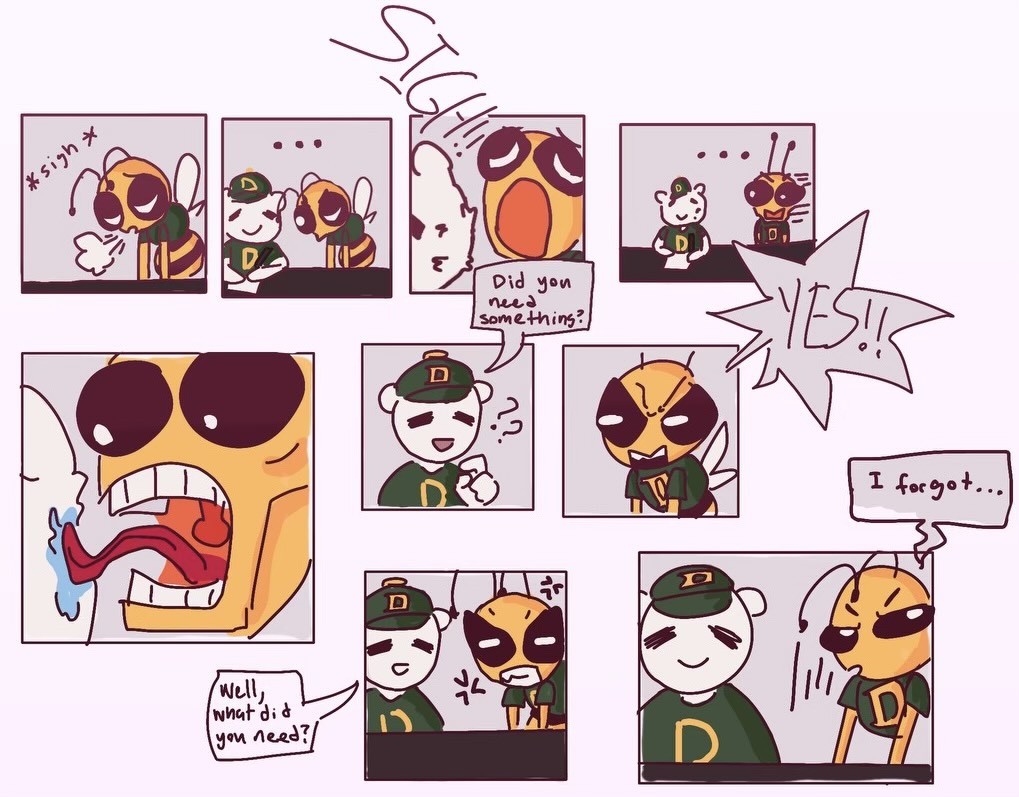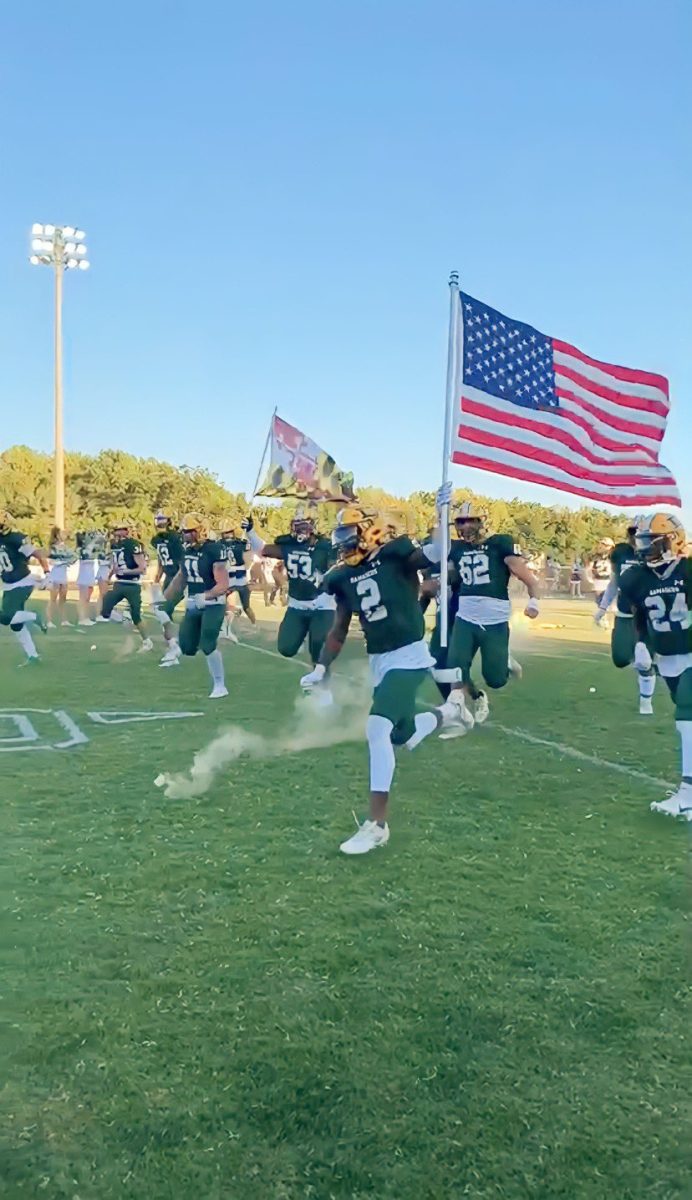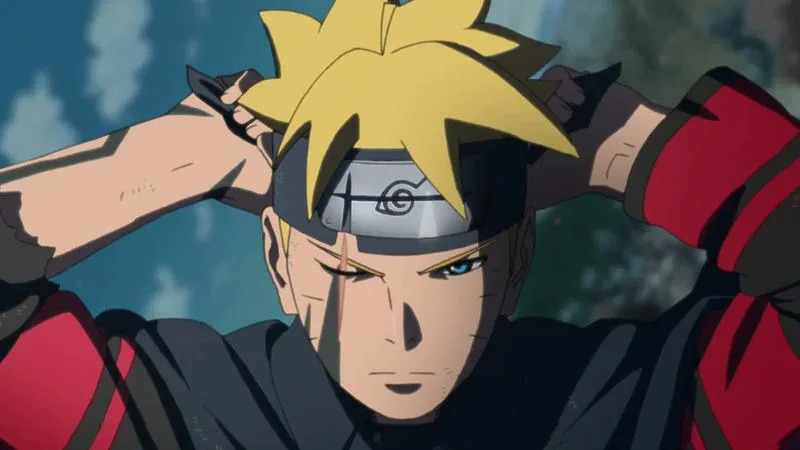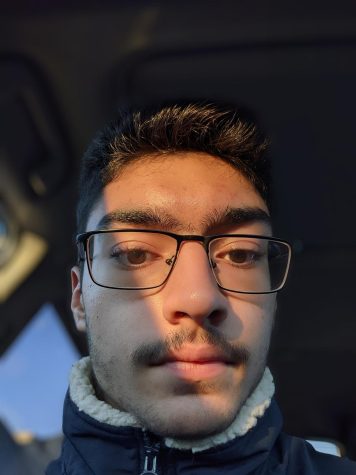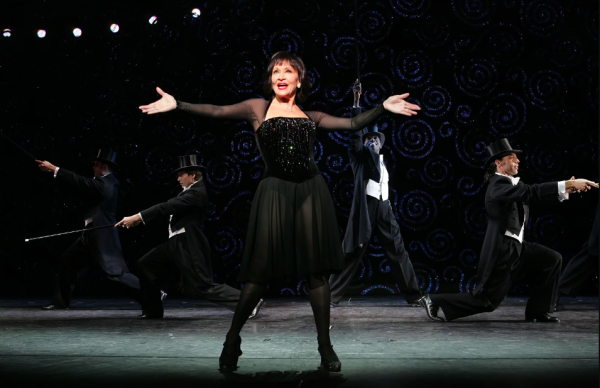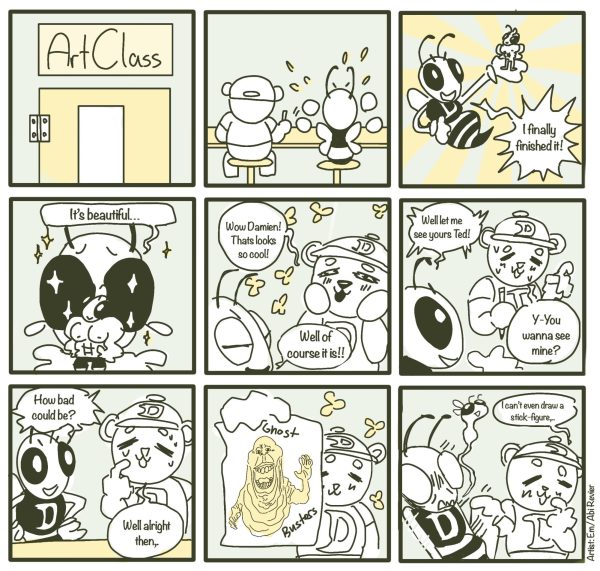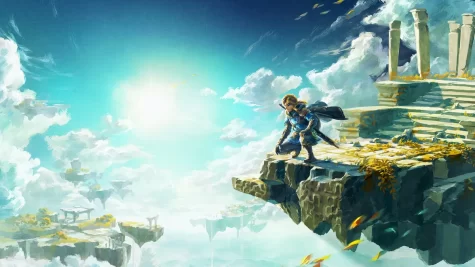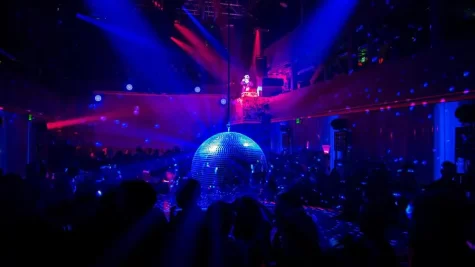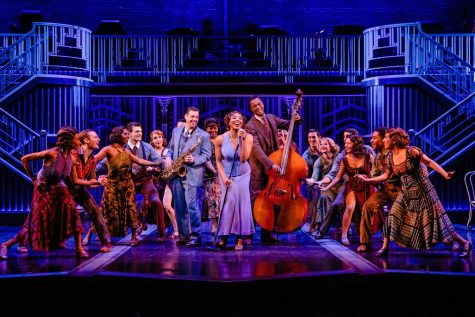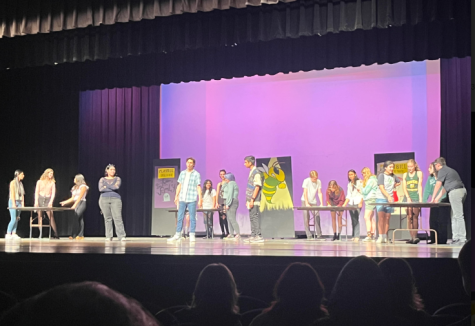Big Shoes to Fill
Continuing where his father left off, Boruto’s journey is about to conclude, marking the end of one of the most legendary anime series of all time.
Boruto, the main character of the series, fastens his headband prior to participating in a battle.
March 24, 2023
On Mar. 8, Viz Media announced the finale for Part I of the sequel series to the popular anime “Naruto Shippuden,” “Boruto: Next Generations.”
Part I of the finale will air on Mar. 26 as Part II is currently in production. While the ending comes as no surprise to fans of the show, it has quite the reputation to live up to. Die-hard “fanboys” of the show have inflated the series to the point where they objectively refer to it is a “peak anime,” much to the dismay of individuals belonging to other anime fandoms, who state that it is “mid”–mediocre–at best, according to Yahoo! Finance.
“Naruto Shippuden” officially ended in 2017 with the title character Naruto finally becoming Hokage, or president, of all ninjas in his world in the final episode. Despite the change, the anime and manga continued from the perspective of Naruto’s offspring, Boruto, and a new series was created. As a result, the Naruto franchise as a whole has not left the public consciousness since it began in 1999. However, this also means that discourse within the fandom–toxic discourse at that–has continued as well.
Many individuals have not taken a liking to the anime because the series creator, Masashi Kishimoto, has not been directly involved with the show until recently. This is similar to how Akira Toriyama, the creator of the Dragon Ball series, was not directly involved with “Dragon Ball GT,” the non-canon and unpopular sequel to “Dragon Ball Z.”
In regards to Boruto, it was written by Ukyo Kodachi, manga assistant for Naruto and Fate/Grand Order screenwriter, as well as fellow Naruto manga assistant Mikio Ikemoto. Kishimoto assumed the writing of Boruto in November 2020, three years after the show was first conceived. The anime’s unpopularity could also be hinted at by the fact that its predecessors, “Naruto” and “Naruto Shippuden,” have both won countless anime and manga awards to Boruto’s zero.
All hope is not lost for Boruto because it was one of the most watched series on anime streaming platform Crunchyroll and was nominated twice for “Best Fight Scene” at the 2019 and 2022 Anime Awards, where it won runner-up for best continuing series.
“Boruto: Next Generation” was picked up by Kishimoto shortly after his new manga, “Samurai 8,” was cancelled by anime magazine publisher Shonen Jump in March of 2020 because it failed to capture the attention of audiences in the same manner as “Naruto.”
“Samurai 8” ended with only five volumes to its name despite Kishimoto’s wishes to end the series with at least 10. As for “Boruto,” it should “chug along” so-to-speak, for another few years at least, as fans and non-fans continue to bicker with each other as to whether the anime holds enough merit.

